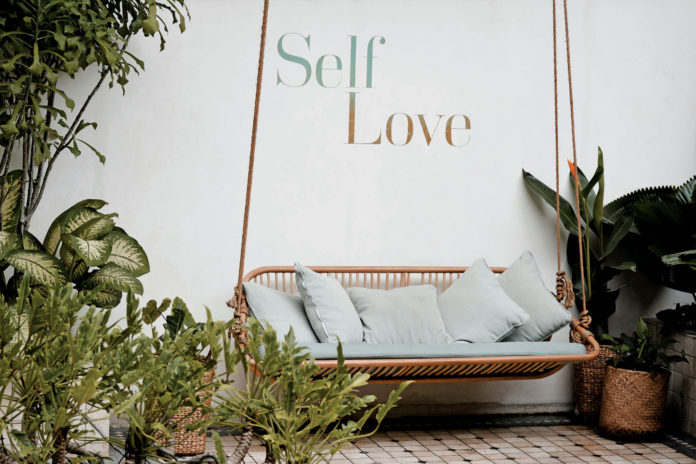While it might sound selfish or impossible to make time for self-care during stressful times of your life, self-care is crucial to keep you healthy, happy and balanced. During stressful periods in our lives we tend to focus outward, disregarding ourselves and our needs. Ironically, it’s during times of stress when we need to care for ourselves the most. You have to take care of yourself in order to care for others around you.
Self-care isn’t just about bubble baths and spa days. Self-care is a habit that will serve you when your stress levels are high. It will also make you more resilient when stress hits in the future. Taking the time to nurture yourself can make all the difference when it comes to stress.
What Is Self-Care?
The definition of self-care is: the practice of taking action to preserve or improve one’s own health.
Self-care is not a splurge or a reward. Self-care is a consistent habit of taking care of your mental and physical health to feel your best that helps prevent stress, burnout, and anxiety.
There are many ways to incorporate self-care into your life and daily routines. The six types of self-care to focus on include:
● Emotional: Emotional self-care is about acknowledging and processing emotions in a healthy way. This can be accomplished by setting and maintaining healthy boundaries, engaging in activities that bring you joy and relaxation, and seeking support from friends, family, or a therapist when needed.
● Practical: Sometimes the simple things can make a big difference. This is about finding ways to decrease stressors in your life. This can include keeping an organized family calendar, ordering groceries online to save time, planning meals in advance, asking for help when you need it, and saying no.
● Physical: Physical self-care is about maintaining or improving physical health. This can look like exercising regularly, eating a balanced and nutritious diet, getting enough sleep, drinking enough water, and practicing good hygiene.
● Mental: Mental self-care is about engaging your mind with something positive. This can be practicing mindfulness and meditation, reading, learning a new skill or challenging yourself to complete a puzzle.
● Social: Social self-care is about fostering and enjoying healthy, fulfilling relationships. Spend quality time with friends and loved ones, engage in social activities that bring you joy, decline those that don’t, and seek out social support when facing challenges.
● Spiritual: Spiritual self-care is about finding things that provide a sense of purpose and meaning in your life. This can include volunteering for a cause that is meaningful to you, or spending time in nature. Think of activities that promote a sense of connection to something greater than yourself.
Start by choosing one type of self-care to work on, then adding more as you see fit. The self-care activities that work best for you might change over time, so keep checking in with yourself and doing what feels right for you, your mind and your body.
Bottomline: self-care is healthcare. It is also personal. It’s important to find what works for you. Remember to focus on doing the things that make you feel fulfilled. That will make you feel more calm, balanced, and at peace. All of those feelings help to reduce stress and make managing stress easier.
Maaliea Wilbur, a Licensed Marriage and Family Therapist, is Founder and CEO of TherapyWorks. For more information, visit mytherapyworks.com.













